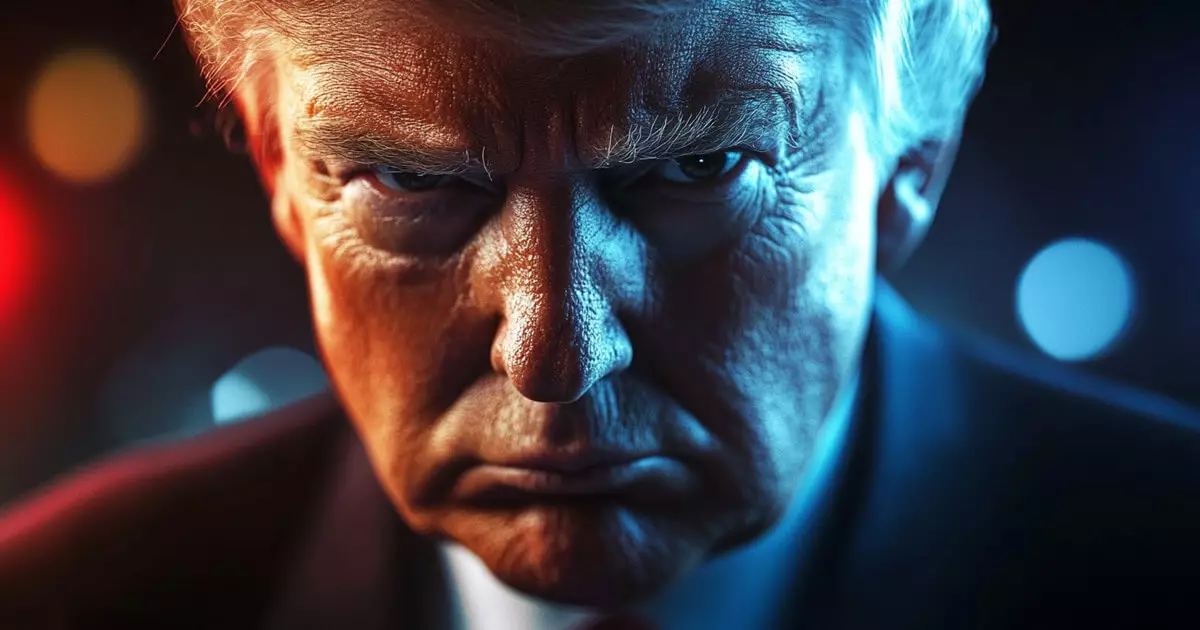The potential appointment of Paul Atkins as the Chair of the Securities and Exchange Commission (SEC) under President-elect Donald Trump has sparked significant discussions regarding his suitability and willingness to accept such an influential position. Current reports have indicated that Atkins, who previously served as an SEC commissioner from 2002 to 2008, is hesitant to take on the role. This reluctance highlights the pressing challenges facing the agency, as well as the complexities involved in leading amidst concerns about mismanagement.
Sources suggest that Atkins perceives the SEC position as daunting, primarily due to the perceived inefficiencies and struggles that have plagued the agency under outgoing Chair Gary Gensler. This sentiment speaks volumes about the environment awaiting the next leader. The task of reforming and revitalizing the SEC is no small feat; it requires a decisive and visionary leader to navigate the intricate web of regulations that govern the financial markets, particularly in light of the burgeoning cryptocurrency sector and digital asset management, which are rapidly evolving.
Atkins’ decision-making process appears to be influenced by multiple factors, particularly his current commitments to his consulting firm, Patomak Global Partners. The necessity to divest from his business interests in the event of an SEC appointment casts an additional layer of complexity on his potential candidacy. His acknowledgment that he might only pursue the role once his consulting firm achieves operational independence illustrates a cautious approach, balancing personal business ambitions with public service responsibilities.
Despite the challenges, Atkins has garnered notable support from prominent figures within the financial regulatory community. Chris Giancarlo, a former Chair of the Commodity Futures Trading Commission (CFTC), has been an ardent advocate for Atkins and emphasizes his ability to restore credibility and operational efficacy within the SEC. However, Giancarlo’s endorsement raises questions about the broader consensus within the financial ecosystem about the need for reform, particularly regarding digital assets, an area where the SEC’s regulatory framework has faced considerable scrutiny.
In light of Atkins’ reservations, the Trump administration is reportedly open to other candidates to fill the SEC chair position. Names like Mark Uyeda, Heath Tarbert, and Robert Stebbins have emerged as viable alternatives, each with distinct backgrounds and perspectives on financial regulation. This development underscores a crucial reality: the SEC’s future direction may pivot significantly based on who ultimately assumes leadership, affecting industry dynamics and regulatory frameworks.
As the debate regarding the next SEC Chair unfolds, it becomes increasingly clear that the incoming leader must possess not only technical expertise but also the courage to implement necessary reforms in a complex environment. Whether Paul Atkins will rise to the occasion or make way for another candidate remains uncertain, but the implications of this leadership decision will undoubtedly reverberate across the financial sector. The SEC stands at a crossroads, and its path forward will fundamentally influence investor confidence and the regulatory landscape in the years to come.

